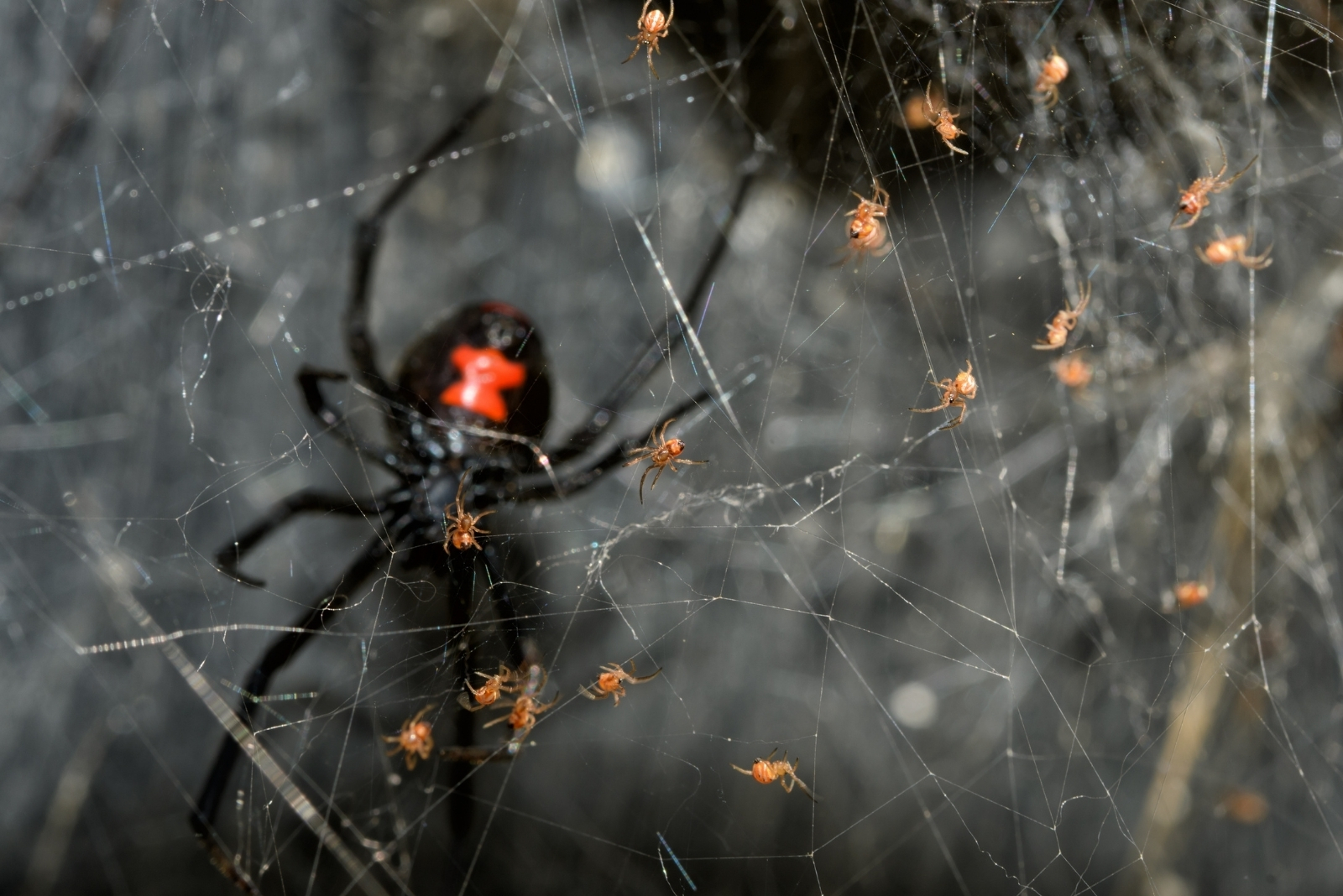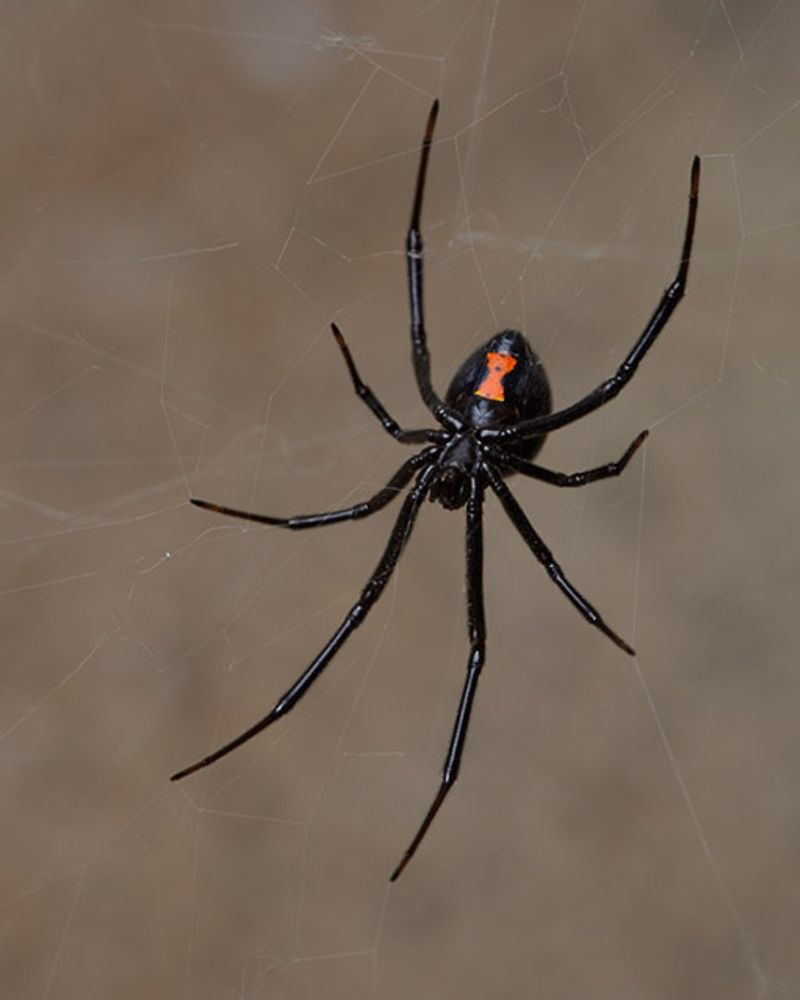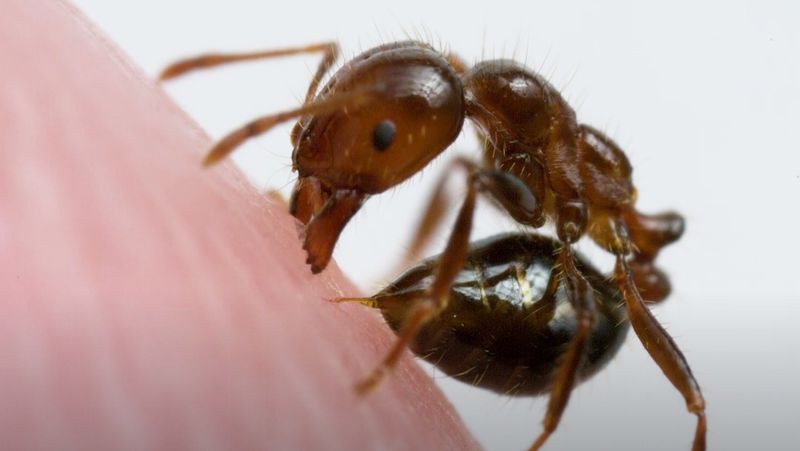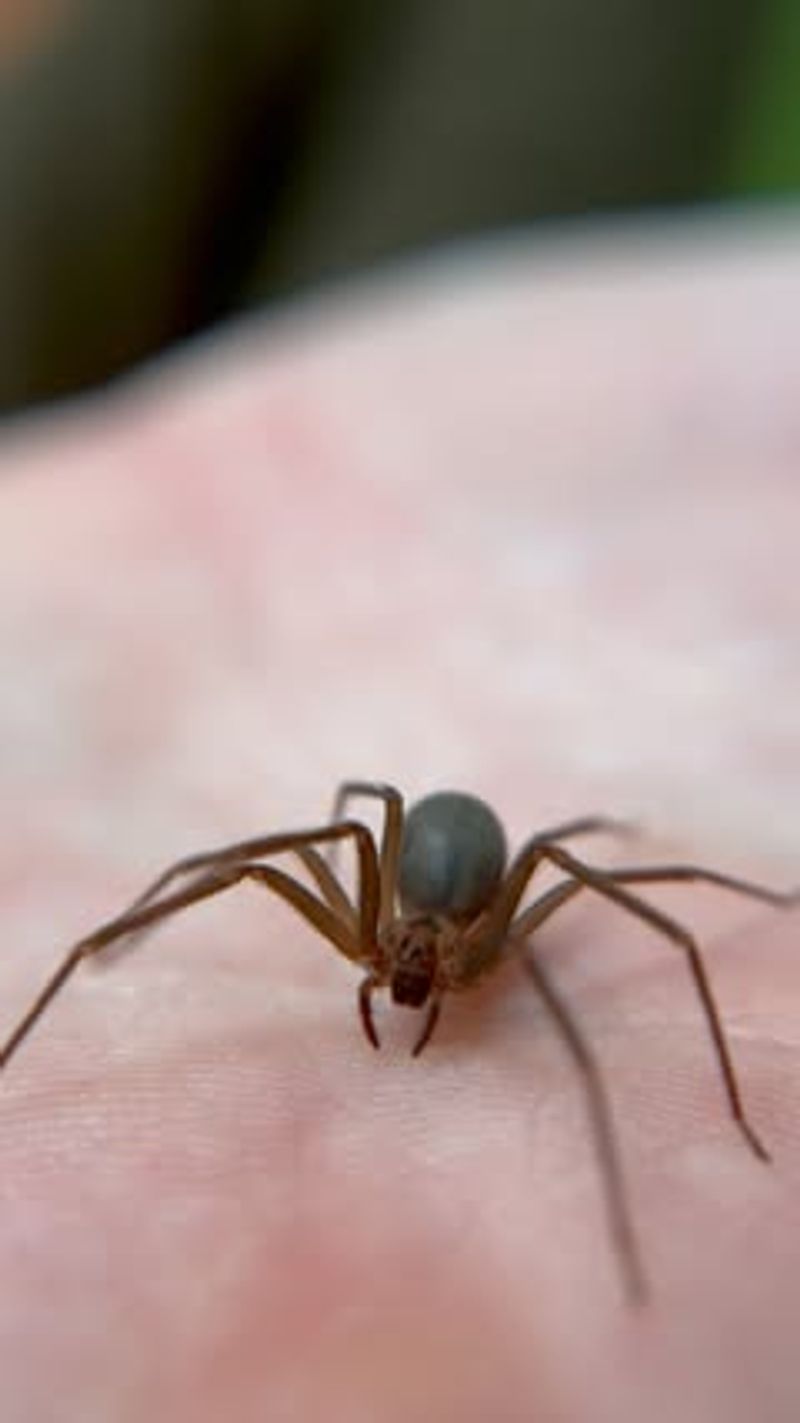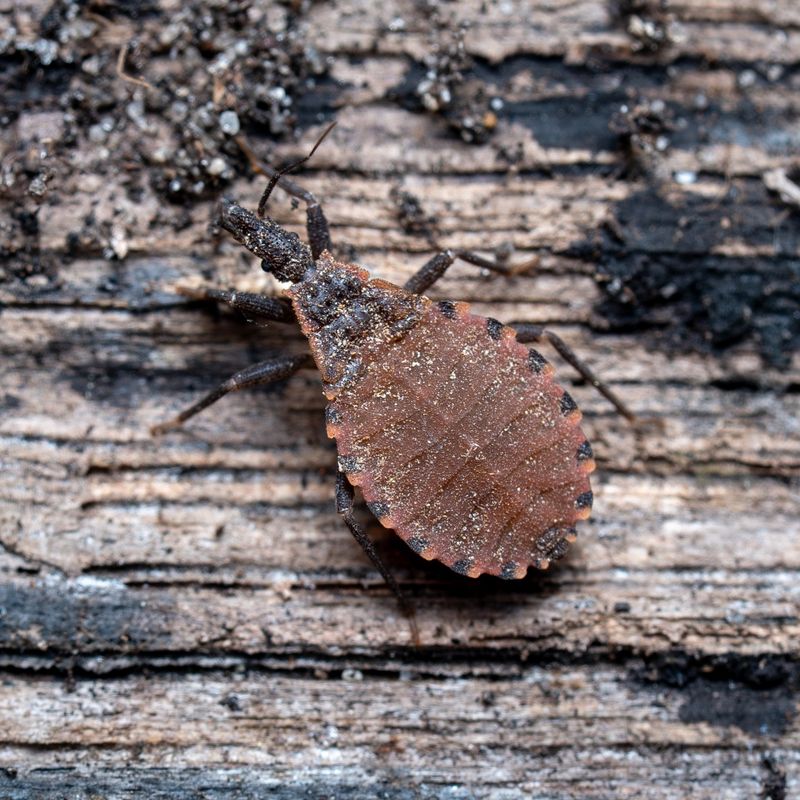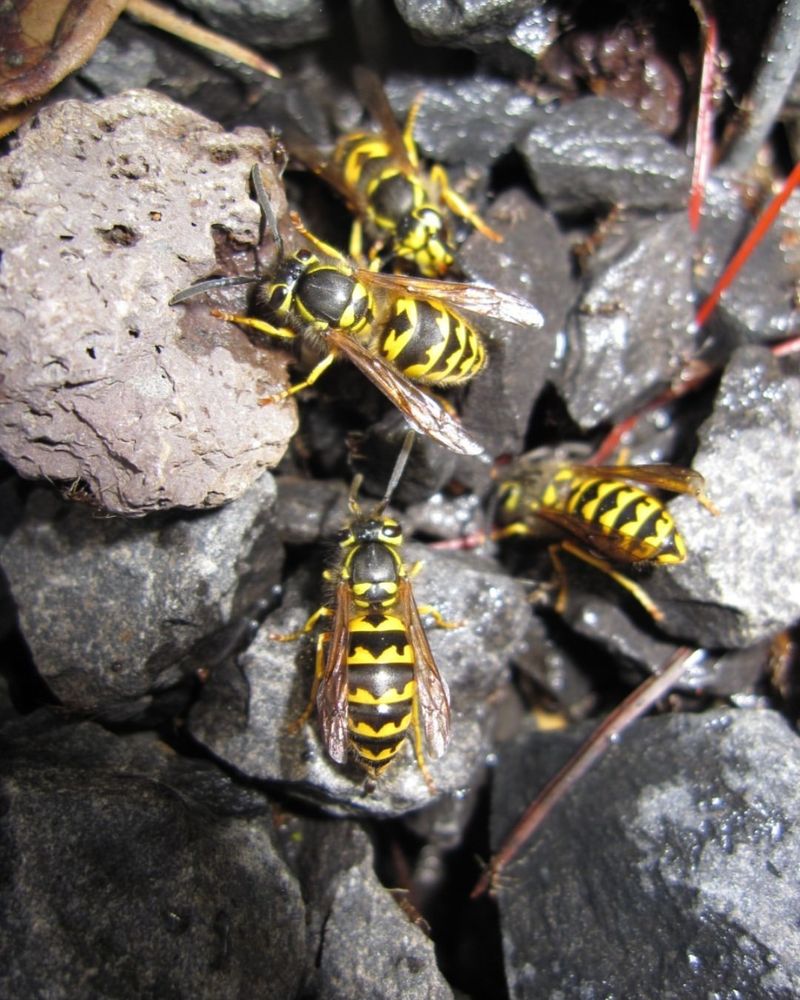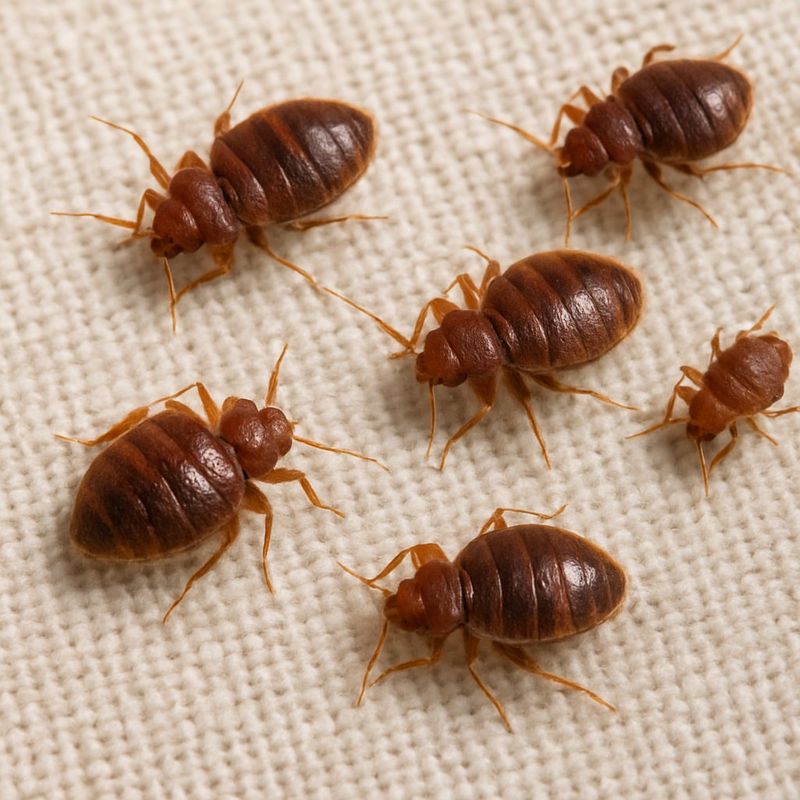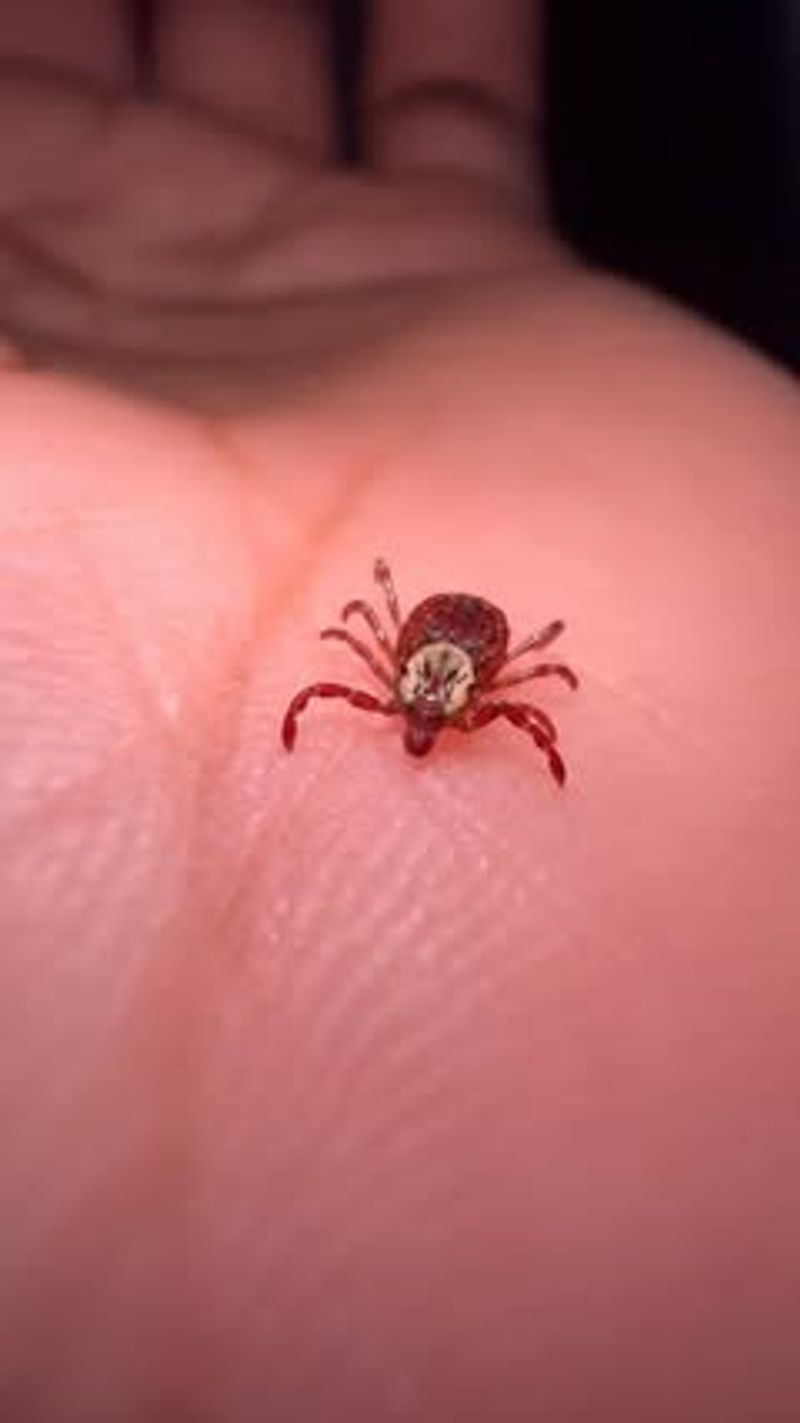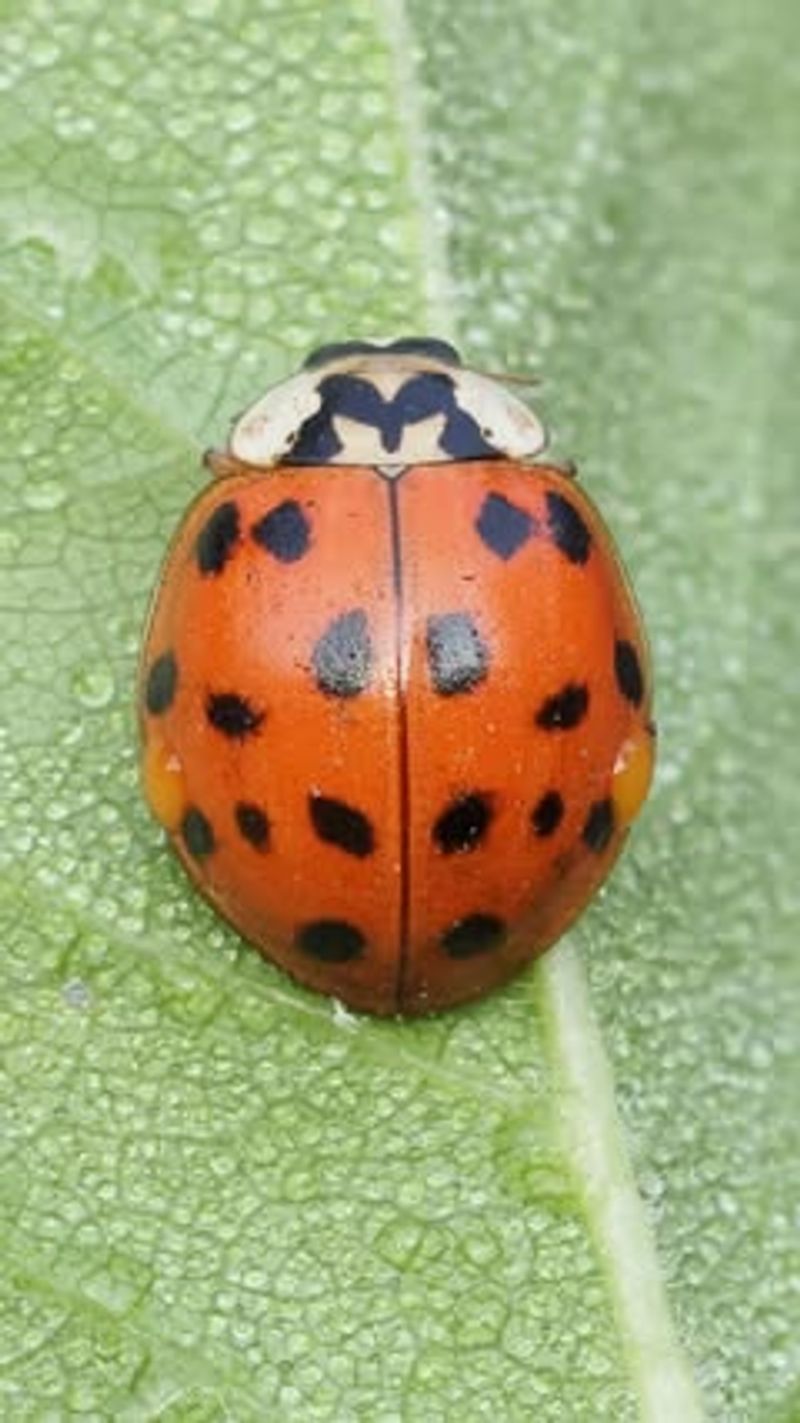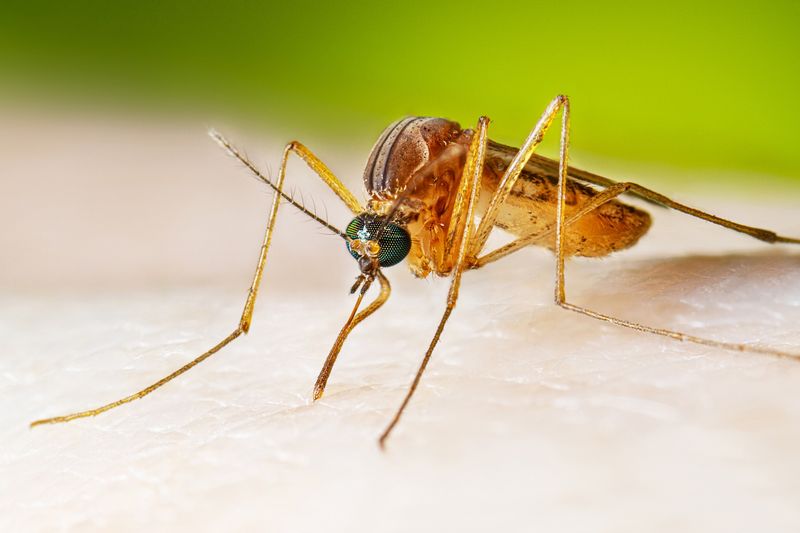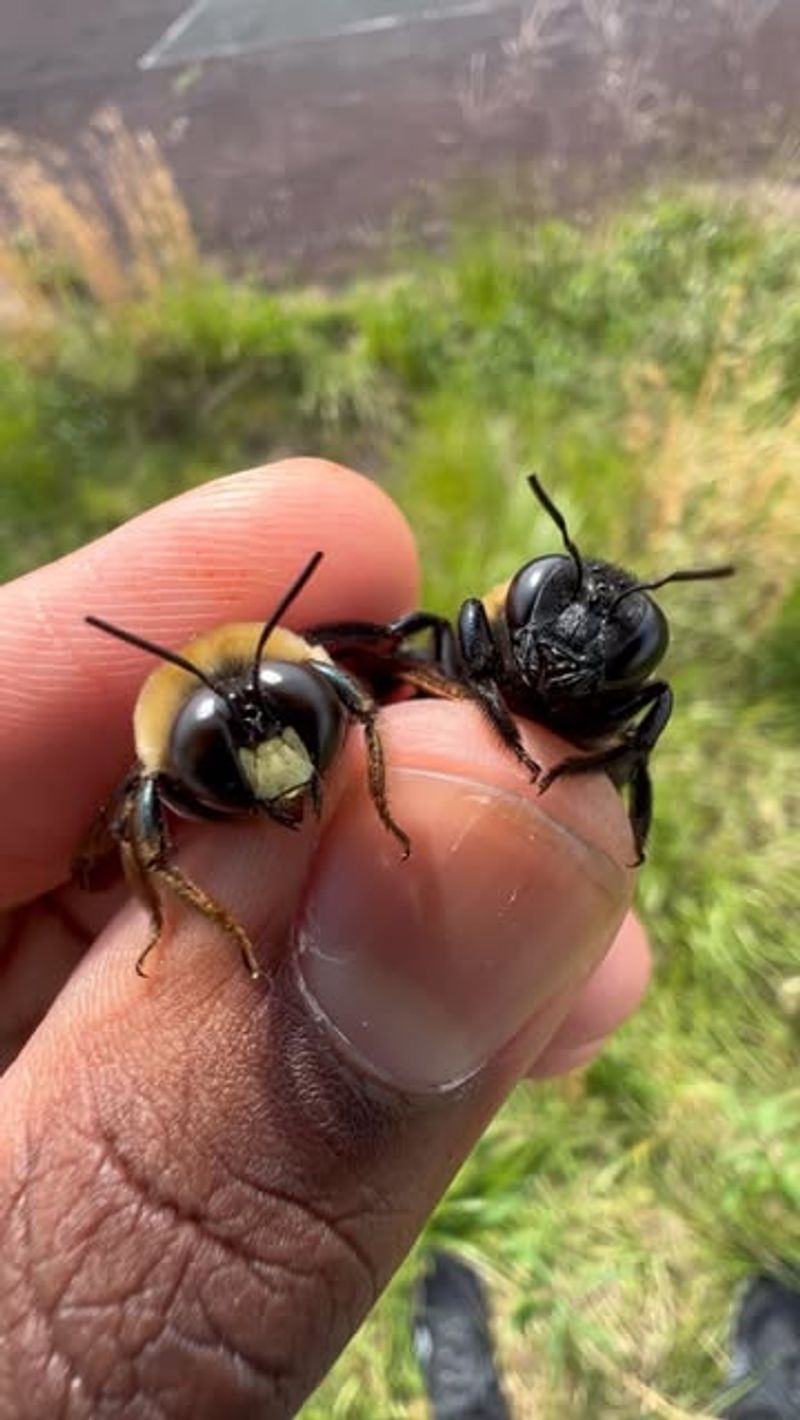Tennessee’s lush landscapes create the perfect breeding ground for some seriously problematic insects.
When certain six-legged invaders show up on your property, quick action is necessary to protect your family, pets, and home from potential harm.
These insects aren’t just annoying – they can cause painful stings, property damage, or spread diseases that might land you in the hospital.
1. Black Widow Spiders
Lurking in dark corners of Tennessee garages and woodpiles, these glossy black arachnids pack venom 15 times stronger than a rattlesnake’s. The distinctive red hourglass marking on their abdomen serves as nature’s warning sign.
Bites require immediate medical attention and can cause severe muscle pain and spasms. Tennessee hospitals report dozens of black widow encounters each year, especially during summer months.
2. Fire Ants
Moving across Tennessee at alarming rates, fire ant colonies create distinctive mounded nests in yards and fields. Their stings feel like someone touched a lit match to your skin – hence the fitting name.
A single disturbed mound can release thousands of aggressive defenders, causing painful welts that sometimes trigger severe allergic reactions. Tennessee’s warm climate provides ideal conditions for these invasive pests to thrive year-round.
3. Brown Recluse Spiders
Recognizable by the violin-shaped marking on their backs, these secretive spiders hide in undisturbed areas throughout Tennessee homes. Their bite initially feels painless but can develop into a severe wound as tissue dies around the bite area.
Many Tennessee residents discover these unwelcome houseguests when moving stored boxes or seasonal decorations. Their venom contains enzymes that destroy surrounding tissue, sometimes requiring surgical intervention.
4. Kissing Bugs
Despite their romantic name, these bloodsucking insects are anything but lovely. They emerge at night in Tennessee homes to feed on sleeping residents, often biting around the mouth area – explaining their misleading nickname.
The real danger lies in their ability to transmit Chagas disease, a potentially life-threatening condition. Tennessee’s rural communities face increasing encounters with these cone-nosed bugs as they expand their territory northward.
5. Yellow Jackets
Aggressive defenders of their territory, yellow jackets build hidden nests in Tennessee yards that homeowners often discover too late. Unlike honeybees, these yellow-striped wasps can sting repeatedly, causing intense pain and swelling.
Fall brings increased aggression as colonies reach peak size and food sources dwindle. Tennessee picnics and outdoor gatherings frequently attract these uninvited guests, drawn by sweet drinks and grilled meats.
6. Bed Bugs
Hitchhiking their way into Tennessee homes through luggage and used furniture, these nocturnal bloodsuckers create itchy welts while you sleep. Their flattened reddish-brown bodies allow them to hide in mattress seams and headboards during daylight hours.
Tennessee hotels and apartment complexes battle these resilient pests regularly. Professional extermination is usually necessary as bed bugs develop resistance to over-the-counter treatments and reproduce rapidly.
7. Ticks
Abundant in Tennessee’s wooded areas and tall grasses, these parasitic arachnids attach to skin and feed on blood for days. Their bites can transmit serious illnesses like Rocky Mountain spotted fever and Lyme disease to humans and pets alike.
Tennessee ranks among the top states for tick-borne diseases. The lone star tick, American dog tick, and blacklegged tick pose the greatest threats to hikers and outdoor enthusiasts throughout the state’s natural areas.
8. Asian Lady Beetles
Often mistaken for native ladybugs, these orange invaders swarm Tennessee homes each fall seeking winter shelter. Unlike their beneficial cousins, Asian lady beetles bite, secrete foul-smelling fluid, and trigger allergic reactions in sensitive individuals.
Tennessee homeowners face annual invasions as thousands cluster on sunny exterior walls before finding entry points. Their acidic secretions can stain surfaces and their decomposing bodies create unpleasant odors inside wall voids.
9. Mosquitoes
Beyond their irritating whine and itchy bites, mosquitoes pose serious health threats to Tennessee residents. These blood-feeding insects can transmit West Nile virus, La Crosse encephalitis, and other dangerous diseases during their feeding frenzies.
Tennessee’s humid climate and abundant standing water create perfect breeding conditions. Even a bottle cap of water can produce dozens of new mosquitoes in just seven days, making consistent yard maintenance essential.
10. Carpenter Bees
Resembling bumblebees but with shiny, hairless abdomens, carpenter bees drill perfect half-inch holes into Tennessee home exteriors. Males aggressively patrol territories but lack stingers, while females can deliver painful stings when threatened.
The real damage occurs as they excavate tunnels through wooden structures. Tennessee’s historic homes and barns suffer extensive structural damage from generations of carpenter bees creating elaborate nesting galleries within beams and siding.

